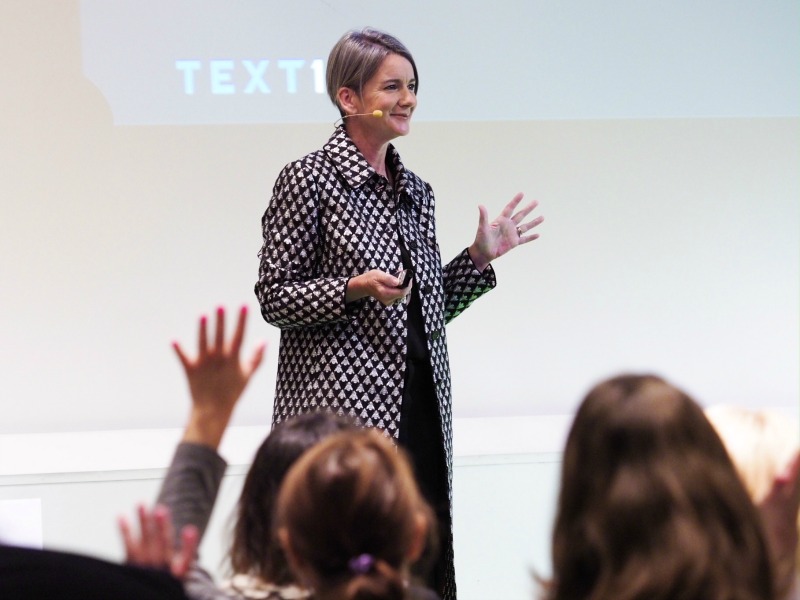Diana Marszalek 10 Sep 2019 // 1:00PM GMT

NEW YORK — Eighteen months in the works, Page’s first global survey of chief communicators finds CCOs are feeling somewhat anxious these days — and who can blame them?
With business gripped by the challenges of transformation, CCOs are grappling with a range of pressures — meeting traditional responsibilities while absorbing new ones, while technology disrupts business as it has long been done.
“It’s not uncommon for companies and industries to go through major disruption and therefore transformation. What’s different today is that the level of disruption and transformation is happening in all industries and all at once,” said Page president Roger Bolton. “And that’s probably more like a permanent state.”
So it’s little wonder that the survey of more than 200 comms leaders around the world, which Page conducted in conjunction with APCO, found that the CCO is becoming increasingly multi-faceted, amid sweeping changes in C-suite structures, company cultures, stakeholder engagement, business models and technology.
The study found CCOs duties have expanded in four key areas:
A growing number of today’s CCOs are now responsible for brand stewardship, which Page leaders see as the research’s biggest surprise, given the area's traditional marketing purview. This, said Page leaders, represents the biggest opportunity for CCOs.
CCOs are also being charged with creating and maintaining a robust company culture through employee engagement. Some of the strongest stakeholder demands come from this area, the research found.
Chief communicators today also are more likely to oversee corporate purpose than they once were. And they are investing in technology (with an emphasis on 'commtech') and talent to make digital, data and analytics a more integral part of their function, according to the study.
There are upsides and downsides. “For the CCO, this provides opportunity to grow and take on other kinds of responsibilities … and in some cases (causes) anxiety,” said Page thought leadership chair John Iwata, the former IBM comms leader. “If there isn’t a change in the CCO herself and the function, those responsibilities will be taken by others.”
How well today’s CCOs are equipped to do all that, however, varies, said Page chair and former Text 100 CEO Aedhmar Hynes, although participants by and large “are doing it incredibly well.”
“We found CCOs doing exceptional work with commtech , exceptional work with brand, exceptional work across culture,” she said. She also noted her belief that communicators, by the nature of their experience and skills, are best equipped to handle the larger responsibility of engaging the full range of stakeholders.
Iwata said CCOs’ abilities to handle the new responsibilities also varies among categories. “CCOs are furthest ahead with culture and brand and need growth ahead for commtech and use of digital and data,” he said. Commtech is the greatest source of today’s CCOs angst, meaning “this is going to require investment in knowledge, skills, tools and talent to really build out a new kind of operations for the CCO,” he said.
And while there were notable difference between comms leaders in different geographical regions (a well-placed media article is of little value in China, whereas one is still considered a coup in the US and Europe), the overarching trends in the business — and where it’s going — are seen around the world, the research found.
All of which is information Page leaders will use to create training and resources such as a web portal, educational podcasts and interactive opportunities, so members are able to meet the changing demands of the industry, they said.
“Our mission is to make Page an organization that can give members actionable content and learning opportunities,” Bolton said. “This has given us the content we need to fuel the new Page.”


































.jpg)


















